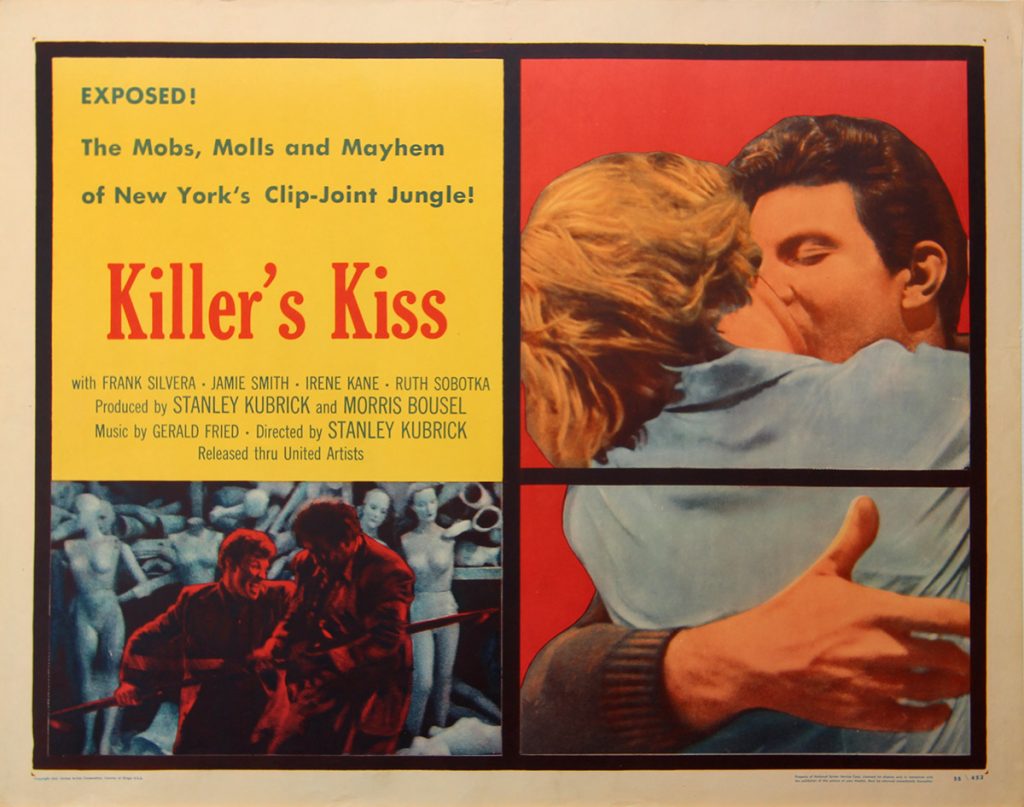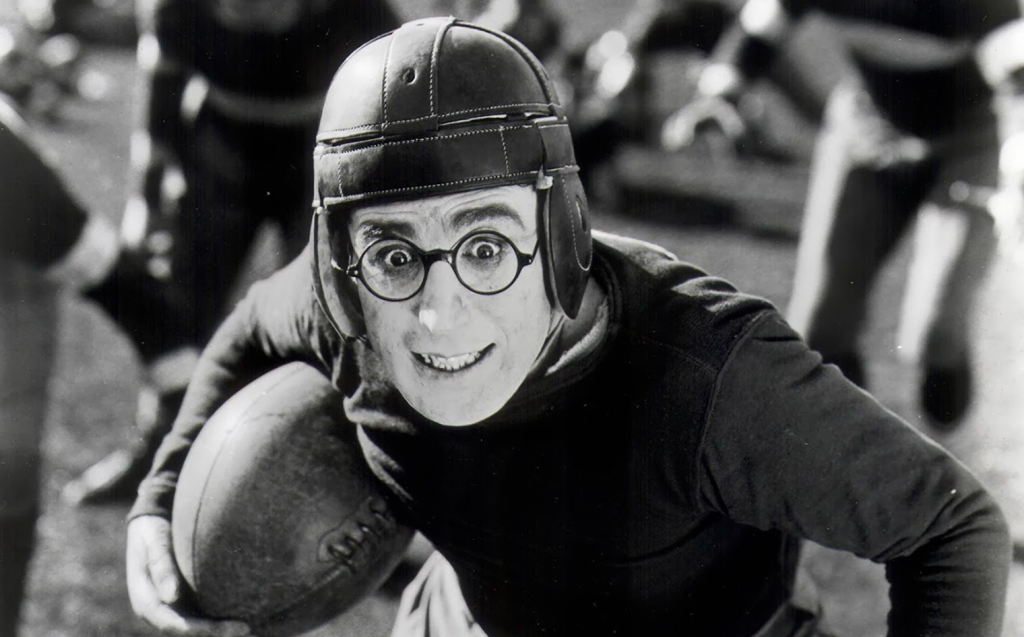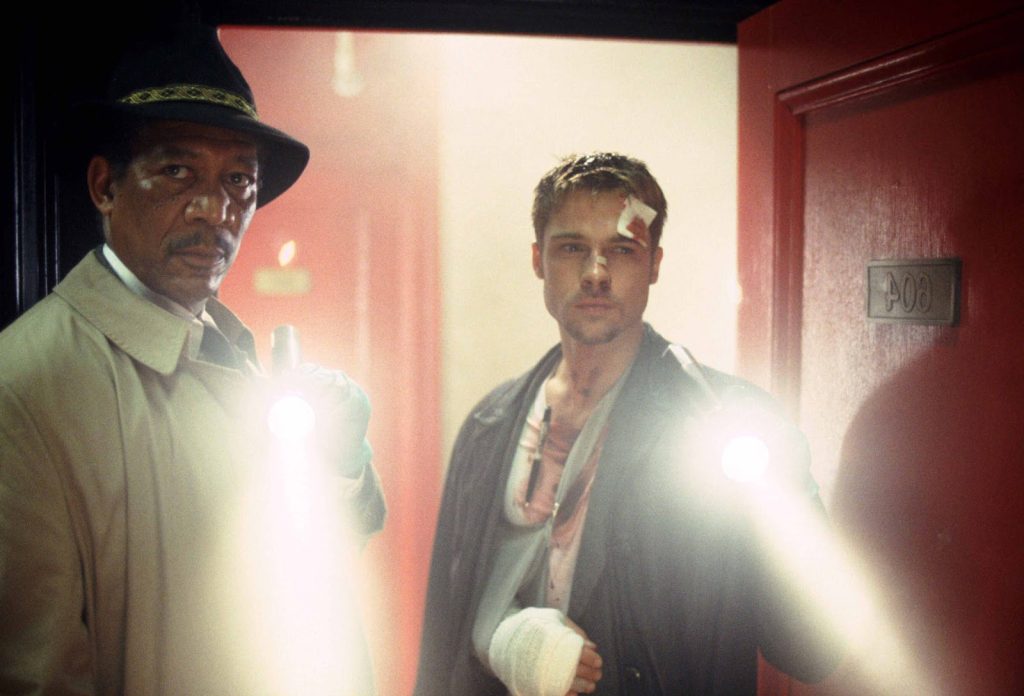Despite the title, the ceremonial wedding banquet actually occurs halfway through Ang Lee’s The Wedding Banquet, distinctly anticlimactic in its placement. Lee purposely buries this event in the surrounding film, which is defined by the small rooms of Wai-tung and Simon’s apartment and the heavy silence and charged stares which draw this web of characters together. As with all of Lee’s films, the restraint and discipline are not building to an emotional outpouring; instead the control and longing are worthy climaxes, the only way to honestly pay tribute to lives that are relegated to the corners of society and unfairly smoothed out.
The Wedding Banquet follows a bizarre, sitcom-esque plot, in which Wai-tung, his partner Simon, and his tenant-turned-wife Wei-Wei commit to convincing Wai-tung’s traditionally minded parents that his relationship to her is legitimate. The film succeeds in efficiently crafting these people’s earnest connections–sketching a landscape that feels uncomfortably close. Indeed, every interaction in the first half of the film is bathed in the mid-summer sun that traps New Yorkers, settling over the stifling city blocks. In these opening scenes we see Wei-Wei’s wet hair hang limply over her shoulders, waiting to get her air conditioning fixed. We see Wai-Tung’s shirt sit ill-fittingly on his uncomfortably damp body as he lifts furniture. Embodying the protagonists so immediately and grossly works to embed the audience in these overlapping connections, tangled and slippery. It is almost the opposite of Lee’s strategy in The Ice Storm, in which he initially keeps characters balanced across the frozen landscape like chess pieces navigating an allotted distance. Instead of eventually suspending them above their lives, the characters in The Ice Storm are forced to crash into reality and acknowledge their interconnectedness.
As with many directors, Lee’s earliest offerings are both imperfect in shape and purified expressions of his intention as a filmmaker. His movies would develop to articulate ideas about longing through perfectly executed blocking and staging. Crouching Tiger, Hidden Dragon would revitalise the action genre with its hypnotic flow, capturing the moment where two love stories overlap–as brief as catching a leap mid-air. Brokeback Mountain cemented itself as one of the great tragic romances with its earth-bending, all-encompassing story held in countless, beautifully composed moments, (Alma’s unshakeable horror as she watches Ennis and Jack kiss; Lureen’s grip on the phone, swallowed by waves of unspoken emotion talking about Jack’s death; Ennis burying his face in Jack’s denim shirt.) The Wedding Banquet may be less indelible or cutting-edge, but this rougher composition also serves the story in its inexact theatricality.

Simon and Wai-tun’s love is simple and endearing, exquisitely reflected in a conversation where the two playfully chat over the phone despite being sat side by side. This moment, despite its cheesiness, is designed to buoy the audience, sustaining it across the physical separation which follows, exposing the sadness which reverberates through Wai-tun’s and Wei-Wei’s performative relationship. Lee plays with the space between Wai-tun and the important people in his life, wielding physical distance to both highlight a break between this couple and hold the swell of love necessary to deciphering a language far from your own. Open doors are used to physically obstruct people’s paths to one another, framing someone within sight and out of reach, potent in the tension between near and far. Such a sentiment is expressed in Wai-tun’s conversation with his mother in the hospital hallway. “There has been much pain and joy that I’ve wanted to share with you. But I couldn’t.” He sits hunched over, weighed down by this specific regret, suspended in the space between too close and not close enough.
‘Shilling Love Part II’—a poem built around writer Shailja Patel’s experience waiting for her parents as they are questioned by airport immigration—is reminiscent of this line in The Wedding Banquet. She writes of the pain in living within borders that portion off our identity: “The stench rises off us / unbearable / of what was never said”. The staccato rhythm of both lines sees Wai-tun and Patel’s pain wrapped in the ideas around it. Their desires are simmering beneath everyday life, only made solid when faced with their familial history, parents. Even then it is barely spoken aloud.
On the day of Wai-tun and Wei-Wei’s wedding banquet, Mr. Gao addresses the wedding party by bestowing his blessing on the couple: “You two grew up differently, but fate has united you together, here, so far from home.” Despite the misdirected intention, there is something wonderfully true embedded within this sentiment (even for the perennially clueless Simon, separated by a language barrier and smiling on supportively.) Lee’s films span genre and style, but they are rooted in this image of people trying to connect, and despite the myriad of boundaries which splinter them off, briefly succeeding.
“The Wedding Banquet” is streaming on Kanopy, Hoopla, Tubi, and Pluto TV.



